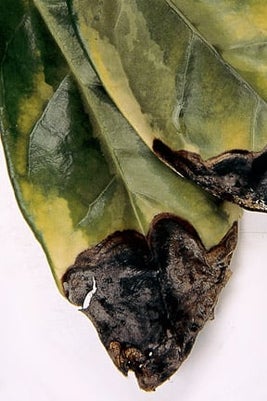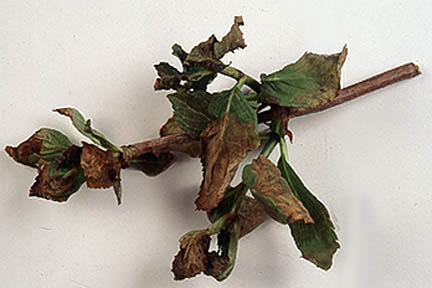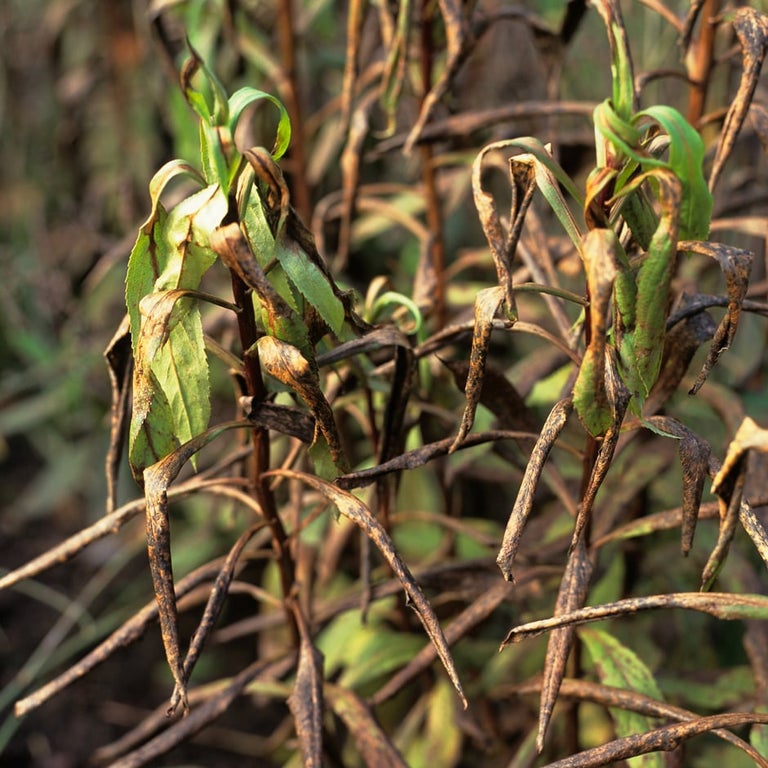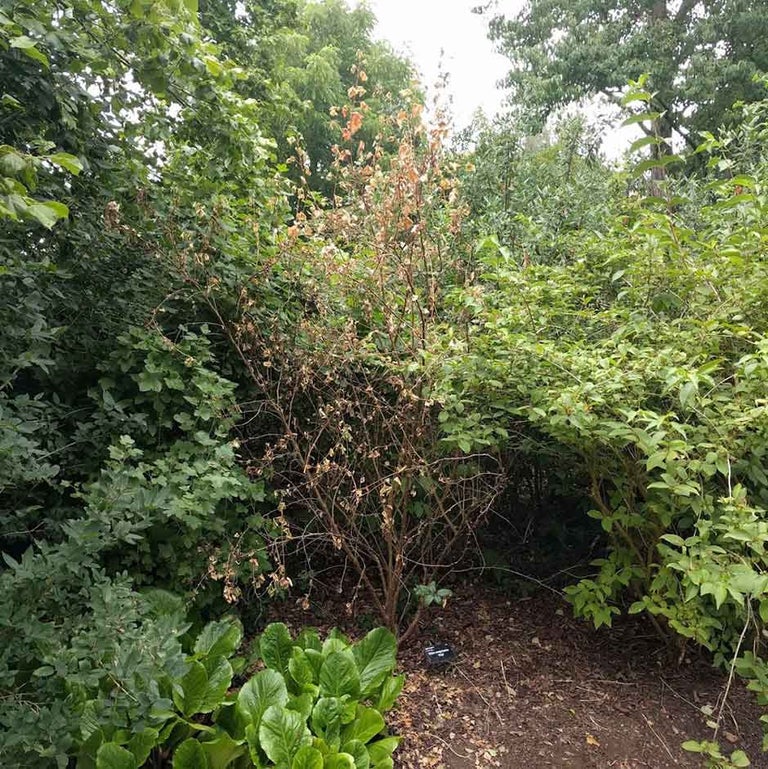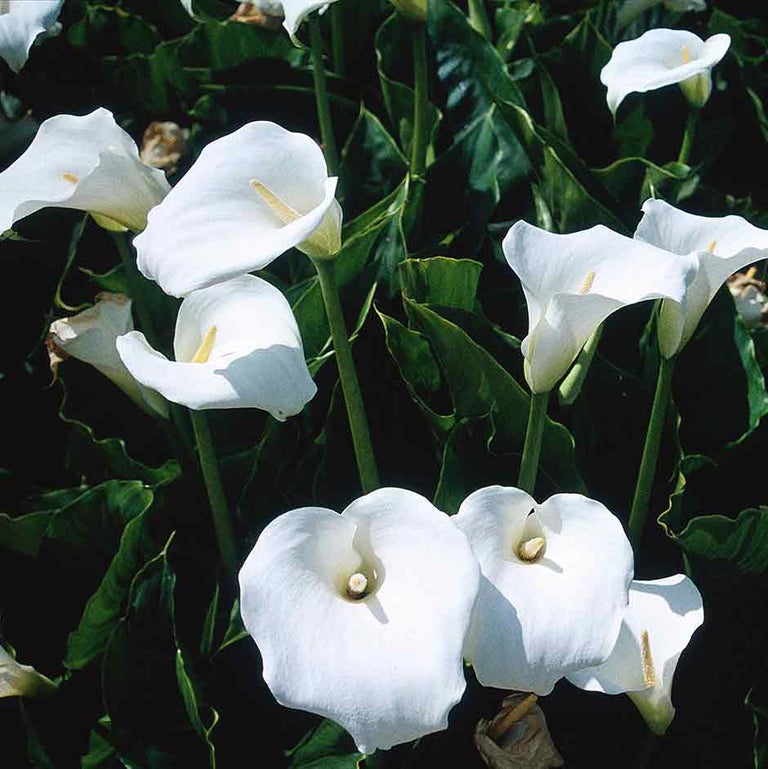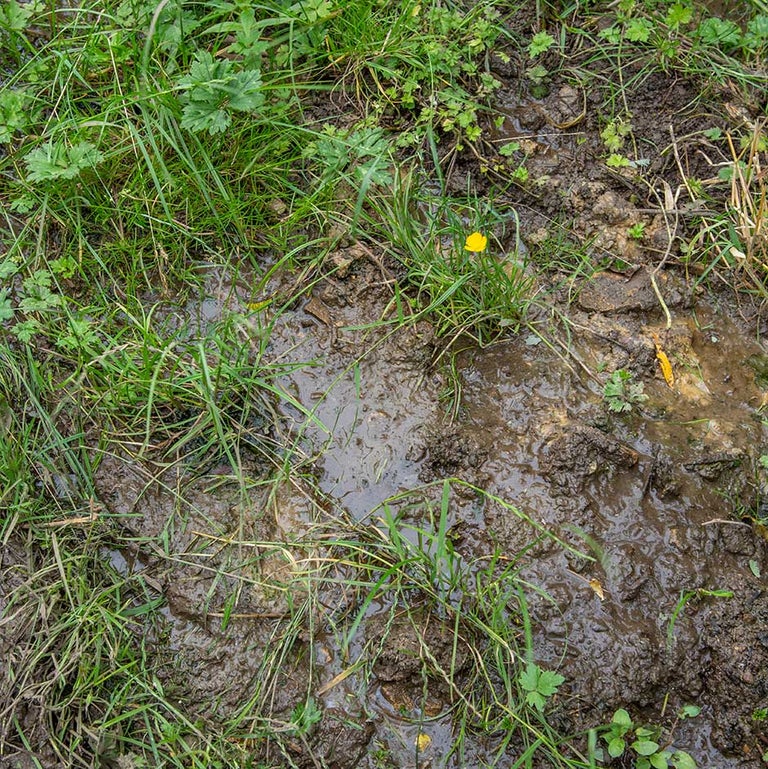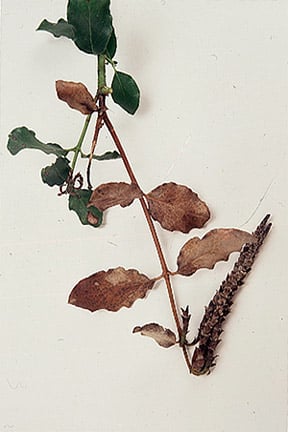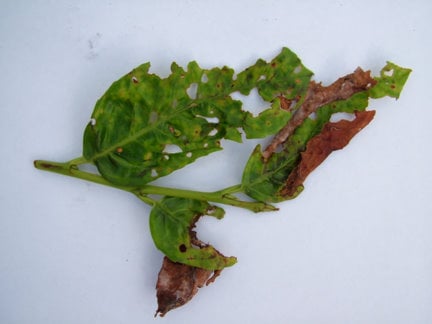Brown leaves on woody plants
The development of brown leaves on a prized plant can be a worrying discovery. However, it doesn't neccessarily mean that you will lose the plant. Often brown leaves are caused by environmental factors, which can be remedied by paying close attention to watering, drainage and shelter.
